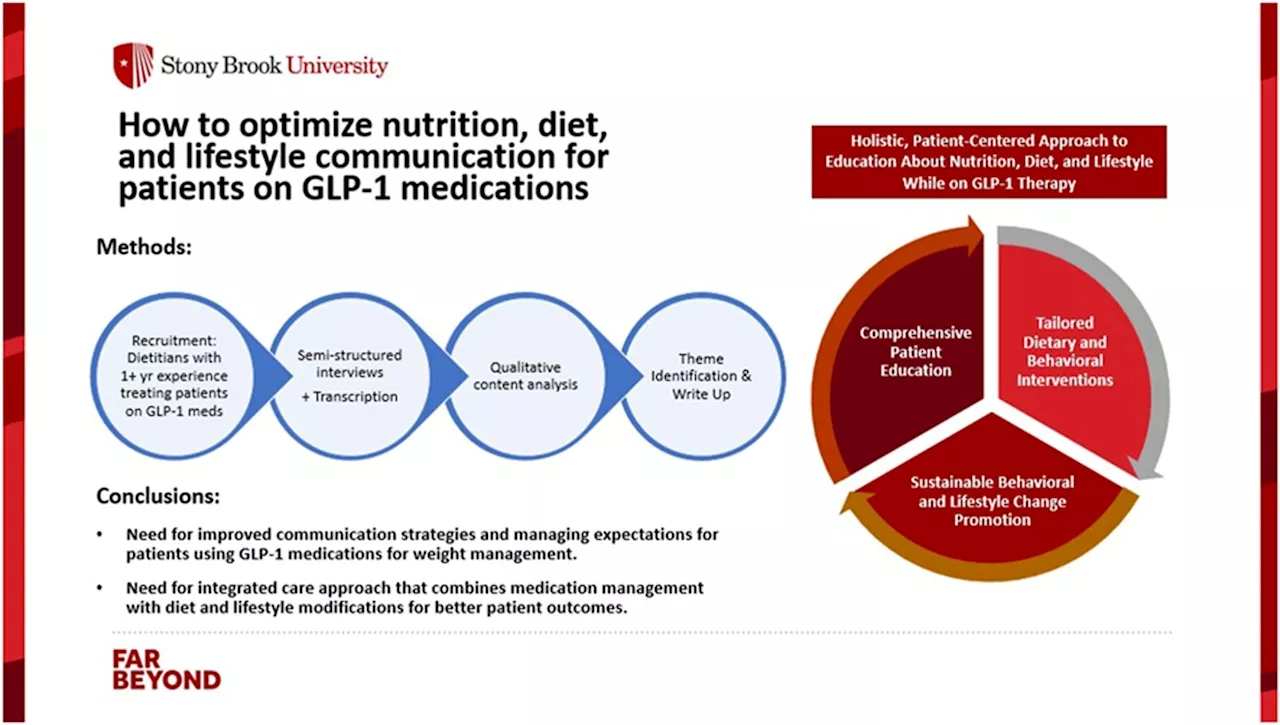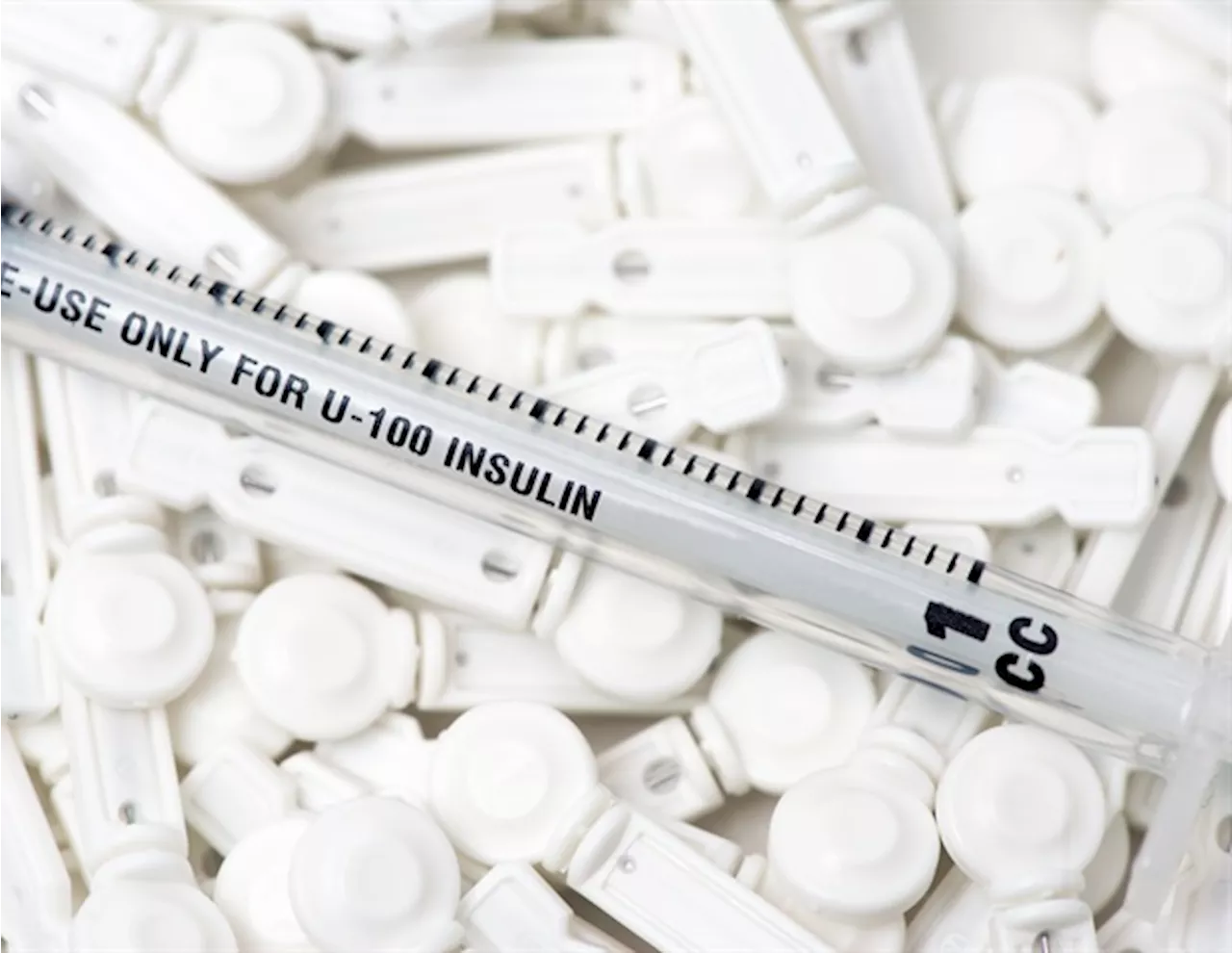A new joint study by the University of Eastern Finland and Karolinska Institutet in Sweden found that the GLP-1 agonists semaglutide and liraglutide, which are used for treating diabetes and obesity, were associated with fewer hospitalizations among individuals with alcohol use disorder, AUD.
University of Eastern FinlandNov 13 2024 Fewer hospitalisations were observed for alcohol related causes, substance use related causes, and for physical illnesses. However, no association was observed for hospitalisations due to attempted suicide.
The present study examined Swedish registry data on more than 200,000 individuals who had been diagnosed with alcohol use disorder in 2006–2021. Their drug treatments and hospitalisations were followed up until the end of 2023 using the PRE2DUP method developed by the research team and a within-individual design. During the follow-up, 4,321 of the study participants were using semaglutide, and 2,509 were using liraglutide.
The risk of hospitalisation when using GLP-1-agonists was lower than when using naltrexone, which was the most effective drug among drugs already approved for alcohol use disorder. Naltrexone was associated with a 14% lower risk of hospitalisation due to alcohol and substance use related causes. The research idea stems from patient observations reporting less alcohol consumption since initiating a semaglutide drug. Similar observations have also been highlighted by scientists in international conferences, so we decided to examine this in more detail."
Drugs Obesity Alcohol Dependence Diabetes GLP-1 Naltrexone Psychiatry Research Semaglutide Substance Use Disorder
Philippines Latest News, Philippines Headlines
Similar News:You can also read news stories similar to this one that we have collected from other news sources.
 Dietitians boost GLP-1 therapy success with personalized care and side effect managementResearchers reveal the importance of personalized communication and side effect management in improving outcomes for patients on GLP-1 medications for weight management. The study highlights the critical role of dietitians in guiding lifestyle and dietary changes.
Dietitians boost GLP-1 therapy success with personalized care and side effect managementResearchers reveal the importance of personalized communication and side effect management in improving outcomes for patients on GLP-1 medications for weight management. The study highlights the critical role of dietitians in guiding lifestyle and dietary changes.
Read more »
 Expanding access to GLP-1 weight-loss drugs could save thousands of livesResearchers estimate that expanding access to weight-loss drugs could save over 50,000 lives annually, reducing obesity rates and addressing health inequities. Current drug uptake levels prevent far fewer deaths.
Expanding access to GLP-1 weight-loss drugs could save thousands of livesResearchers estimate that expanding access to weight-loss drugs could save over 50,000 lives annually, reducing obesity rates and addressing health inequities. Current drug uptake levels prevent far fewer deaths.
Read more »
 Study: GLP-1RA not associated with acute kidney injury risk during anti-cancer treatmentsGlucagon-like peptide-1-receptor agonists (GLP-1RA) are medications that are increasingly prescribed for patients with type 2 diabetes and congestive heart failure. Reports of GLP-1RA–associated acute kidney injury (AKI) have emerged, but the risk of GLP-1RA–associated AKI among patients on anti-cancer drugs is unclear.
Study: GLP-1RA not associated with acute kidney injury risk during anti-cancer treatmentsGlucagon-like peptide-1-receptor agonists (GLP-1RA) are medications that are increasingly prescribed for patients with type 2 diabetes and congestive heart failure. Reports of GLP-1RA–associated acute kidney injury (AKI) have emerged, but the risk of GLP-1RA–associated AKI among patients on anti-cancer drugs is unclear.
Read more »
 New guidance balances GLP-1 risks and benefits for surgeryMost patients may continue to safely take glucagon-like peptide-1 (GLP-1) receptor agonists as prescribed before undergoing elective surgery and gastrointestinal endoscopies, according to new clinical guidance released today by five surgical and medical societies including the American Society for Metabolic and Bariatric Surgery (ASMBS), American...
New guidance balances GLP-1 risks and benefits for surgeryMost patients may continue to safely take glucagon-like peptide-1 (GLP-1) receptor agonists as prescribed before undergoing elective surgery and gastrointestinal endoscopies, according to new clinical guidance released today by five surgical and medical societies including the American Society for Metabolic and Bariatric Surgery (ASMBS), American...
Read more »
 Surge in GLP-1 drug use for obesity coincides with drop in bariatric surgeryResearchers from Mass General Brigham and collaborators found that use of GLP-1 drugs to treat obesity more than doubled from 2022 to 2023 while rates of surgery dropped by one quarter.
Surge in GLP-1 drug use for obesity coincides with drop in bariatric surgeryResearchers from Mass General Brigham and collaborators found that use of GLP-1 drugs to treat obesity more than doubled from 2022 to 2023 while rates of surgery dropped by one quarter.
Read more »
 GLP-1 and SGLT2 inhibitors show promise in preventing recurrent stroke and heart attackGLP-1 receptor agonists and SGLT2 inhibitors, two classes of medications most commonly prescribed to treat Type 2 diabetes or weight loss, may reduce the risk of heart attack, second strokes and death in adults who had an initial stroke, according to a preliminary study to be presented at the American Heart Association's Scientific Sessions 2024.
GLP-1 and SGLT2 inhibitors show promise in preventing recurrent stroke and heart attackGLP-1 receptor agonists and SGLT2 inhibitors, two classes of medications most commonly prescribed to treat Type 2 diabetes or weight loss, may reduce the risk of heart attack, second strokes and death in adults who had an initial stroke, according to a preliminary study to be presented at the American Heart Association's Scientific Sessions 2024.
Read more »
